Thesis work ranges from ‘slow food’ to a robotic eel
Since the senior thesis became established as the capstone of a Princeton undergraduate education in the 1920s, thousands of independent-study projects have been completed on subjects as varied as the students themselves. Here is a sampling of thesis work by four members of the Class of 2008, in their own words:
SKaty Andersen, French and Italian; certificate in environmental studies
Summary: Twice in the past 500 years, Italy has witnessed periods of profound scholarship and advancement in gastronomy that changed the human relationship with food. The first Western gastronomic treatise, published in 1468 and titled De Honesta Voluptate et Valetudine (Of Right Pleasure and Good Health), and its renaissance under the slow-food movement answer more than just the question, “Why do we eat what we eat?” Their principles formulate a cohesive and comprehensive theory of gastronomy. Ultimately, the stomach has a memory, but the mouth has a mind.
A campus farmers market is an exceptional venue for bringing delicious, sustainable food directly to students, faculty, staff, and members of the community in a fun, social setting. My farmers-market manual records the history of the Greening Princeton Farmers Market and details the steps followed to run this market or needed to start one’s own campus market.
Advisers: Professor Pietro Frassica, French and Italian thesis; Xenia Morin, lecturer in the Princeton Writing Program and the Princeton Environmental Institute, for the manual
Reason for selecting the topics: The idea for my French/Italian thesis came out of readings selected by Professor Frassica in his course, “The Literature of Slow Food.” While I refined this topic, our seminar took a trip to northern Italy where we met Carlo Petrini, the founder of the slow-food movement. Shaking his hand, I knew what I wanted to write about. The other paper, my farmers-market manual, represents three years of planning the Princeton campus farmers market. Princeton now has a thriving market, and we need to support it! I wrote the manual for future student directors, and expanded it to become a resource for students at other universities. It ended up being longer than my thesis. I hope to condense and publish it.
Matt Martin, history
Summary: My work deals with two aspects of Hamburg, Germany, during the 1930s and the 1940s: Jewish life and the resistance movement. Hamburg’s development as an independent city-state and the history of Jewish life in Hamburg were both fairly unusual. For a case study, I examine the experiences of Dagmar Westberg, heiress to the Beiersdorf Corp., whose father was classified as “Aryan” and mother as “Jewish.”
Adviser: Professor Harold James
Reason for selecting the topic: I was involved with the German Summer Work Program, which helps Princeton students find summer internships in Germany. The summer after sophomore year, I had met David Fisher ’69, the director of the program and president of the Princeton Alumni Association of Germany. David and other friends of Frau Westberg, the principal donor for the summer work program and a strong supporter of German-American friendship, saw a need to record her life experiences. After talking with Frau Westberg and several of her friends, we developed a plan for a paper on the subject, which would become my thesis. The point was to place Frau Westberg’s experience in the more general experience of Germany in the 1930s and ’40s.
Biggest challenge: The research presented multifaceted difficulties. Most of the books on my topic in Firestone were in German. While I am able to read and critically analyze the texts in that language, the reading and research process took much more time in a foreign language. The second difficulty was the bureaucratic process of archival research at the Hamburg State Archive, where I researched documents on the resistance movement as well as decrees that affected Jewish life in Hamburg.
Plans after graduation: I am interviewing for several jobs in New York, mostly in the areas of advertising and sales. I hope to begin in the late summer.
Yang Dai, mechanical and aerospace engineering
Summary: My thesis was to design a robotic eel that is capable of swimming, diving, and maneuvering around obstacles autonomously. Innovations over previous designs included the use of a novel cable method for generating thrust, pectoral fins for diving and maintaining depth, and an onboard wireless camera and radio receiver for data transfer with an offboard PC.
Adviser: Professor Alexander Smits
Reason for selecting the topic: I’ve always had an interest in robotics and biology, and I knew Professor Smits previously had advised some really cool marine-inspired robot projects, so I met with him to discuss potential topics. Ultimately, my thesis was partially an extension of previous theses and partially development of ideas that my adviser’s research group came up with when playing with a toy robotic shark.
Biggest challenge: My computer’s operating system. Interfacing my various electronic components was a nightmare, and compatibility issues led to major delays in testing. Eventually, I just wiped the PC and installed another system.
Plans after graduation: I’m moving to Seattle to work for Boeing as a manufacturing engineer. I’m planning on going back to school in a few years to continue studying engineering.
Courtny Hopen, English
Summary: My thesis, “Uriel’s Flood,” is a graphic novel set in a futuristic New York City threatened by global warming. The plot focuses on the relationship between two young Orthodox Jews, Uriel and Sahra, as they deal with obstacles such as supernatural assassins, arranged marriages, environmental disasters, and mystical possession. The comic combines images, prose, and poetry and is inspired by works such as Neil Gaiman’s The Books of Magic, Alan Moore’s Promethea, and Marjane Satrapi’s Persepolis.
Adviser: Professor James Richardson. I was also greatly aided by the staff of OIT’s New Media Center, the deans and staff of Rockefeller College, and several classmates and friends.
Reason for selecting the topic: So that I could explore the relationship between words and images. Originally I wanted to do this through writing poetry alone, but I quickly realized that in addition to poetic images, I wanted to include literal images in my thesis. My father, Stuart Hopen ’75, also gave me great advice, and is the one who indirectly inspired me to choose this project by sharing his love for comic books and literature with me throughout my life.
Biggest challenge: Producing the artwork (usually, there’s at least an artist/writer team for works in color). Each page required a lot of time to produce: I had to draw the images, paint them, scan the painting, adjust it so the colors would turn out well, and then lay the page out and add text. Luckily for me, Rockefeller College opened a media center that was accessible to students 24 hours a day a couple of weeks before my thesis was due, complete with a nearby coffee machine.
Plans after graduation: I’m moving to New Orleans to take a year off before going to graduate school for a degree in art therapy. During my time in New Orleans, I hope to continue writing and painting, as well as doing volunteer work.
Biggest challenge: Eating! How can one write about food and not be constantly hungry? I wrote over half of both papers in a toasty corner of the Bent Spoon, whose delicious artisan ice cream made matters more difficult.
Plans after graduation: I am moving to northern Italy in October on a Fulbright scholarship to study artisan cheese production with the University of Gastronomic Sciences. When I return nine months later, I will attend Harvard Business School.


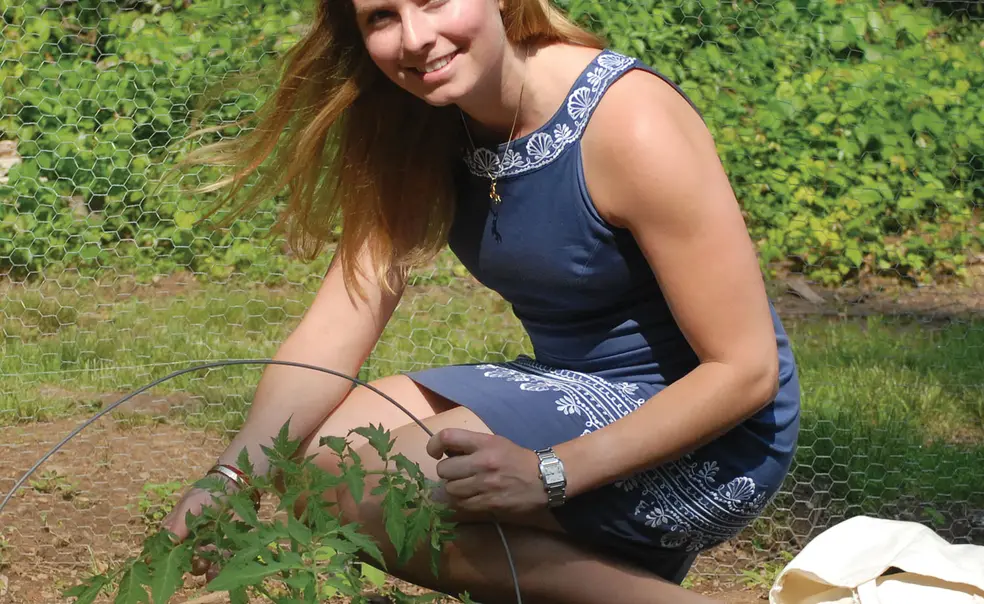
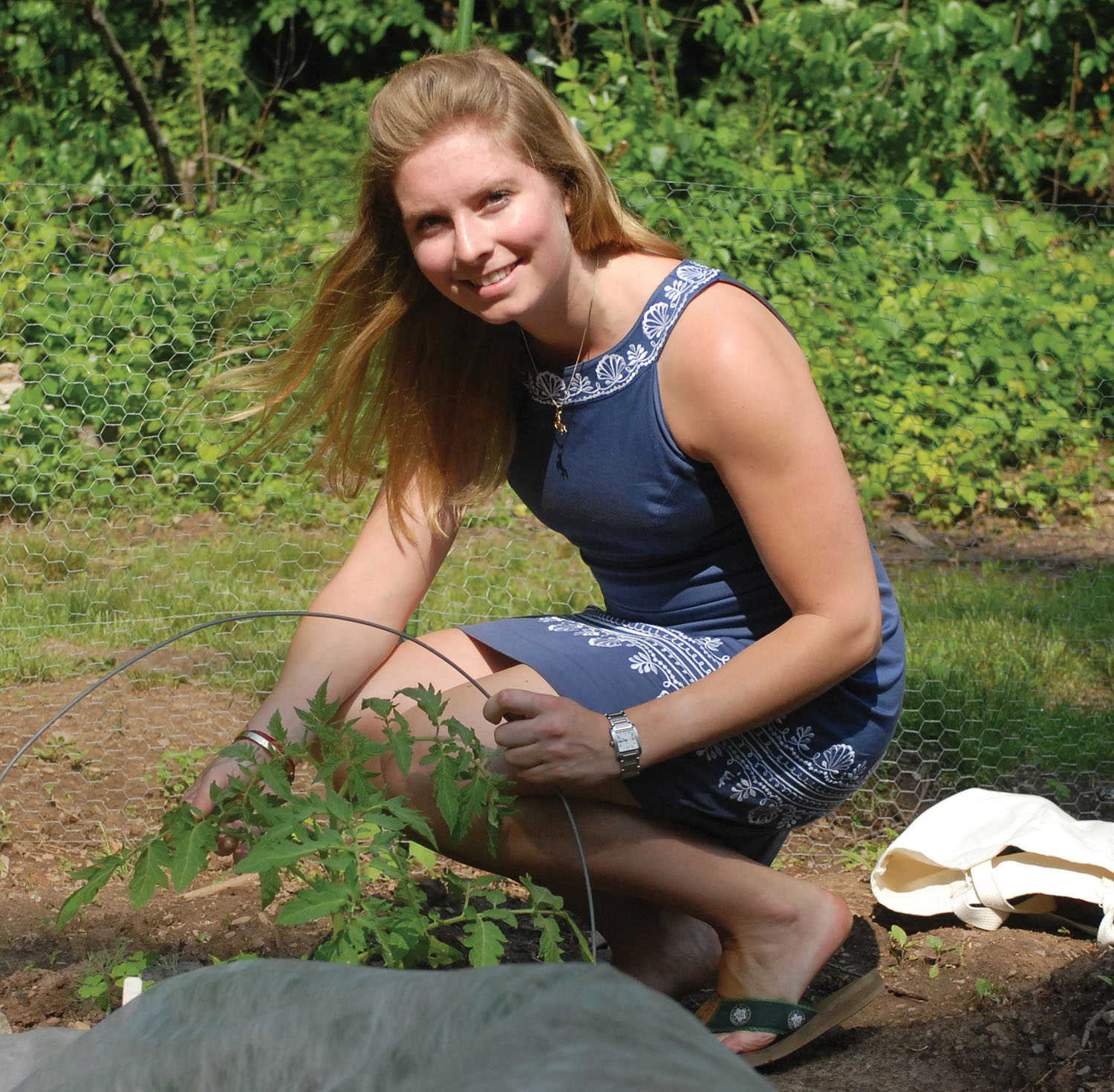
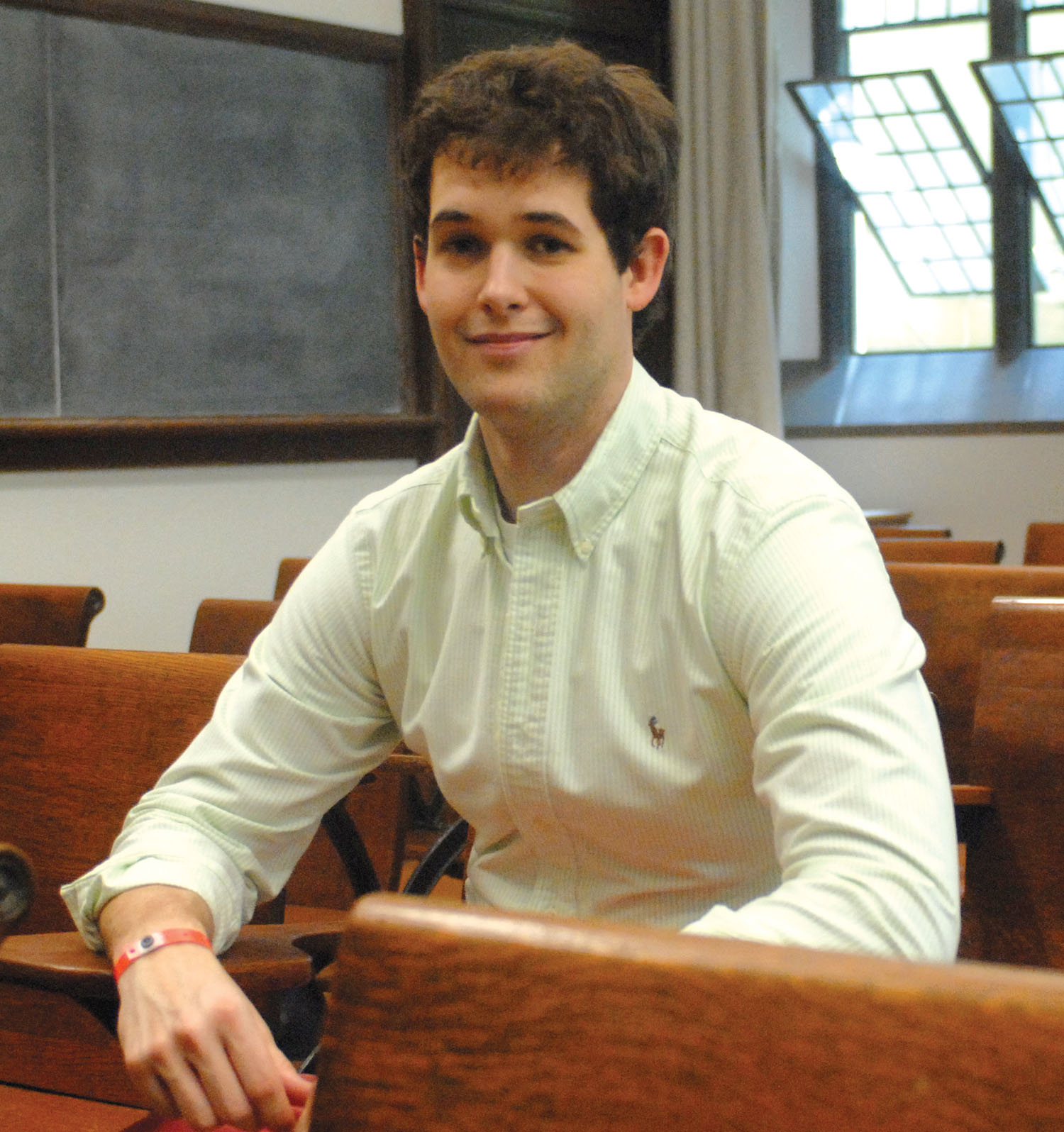
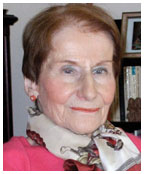
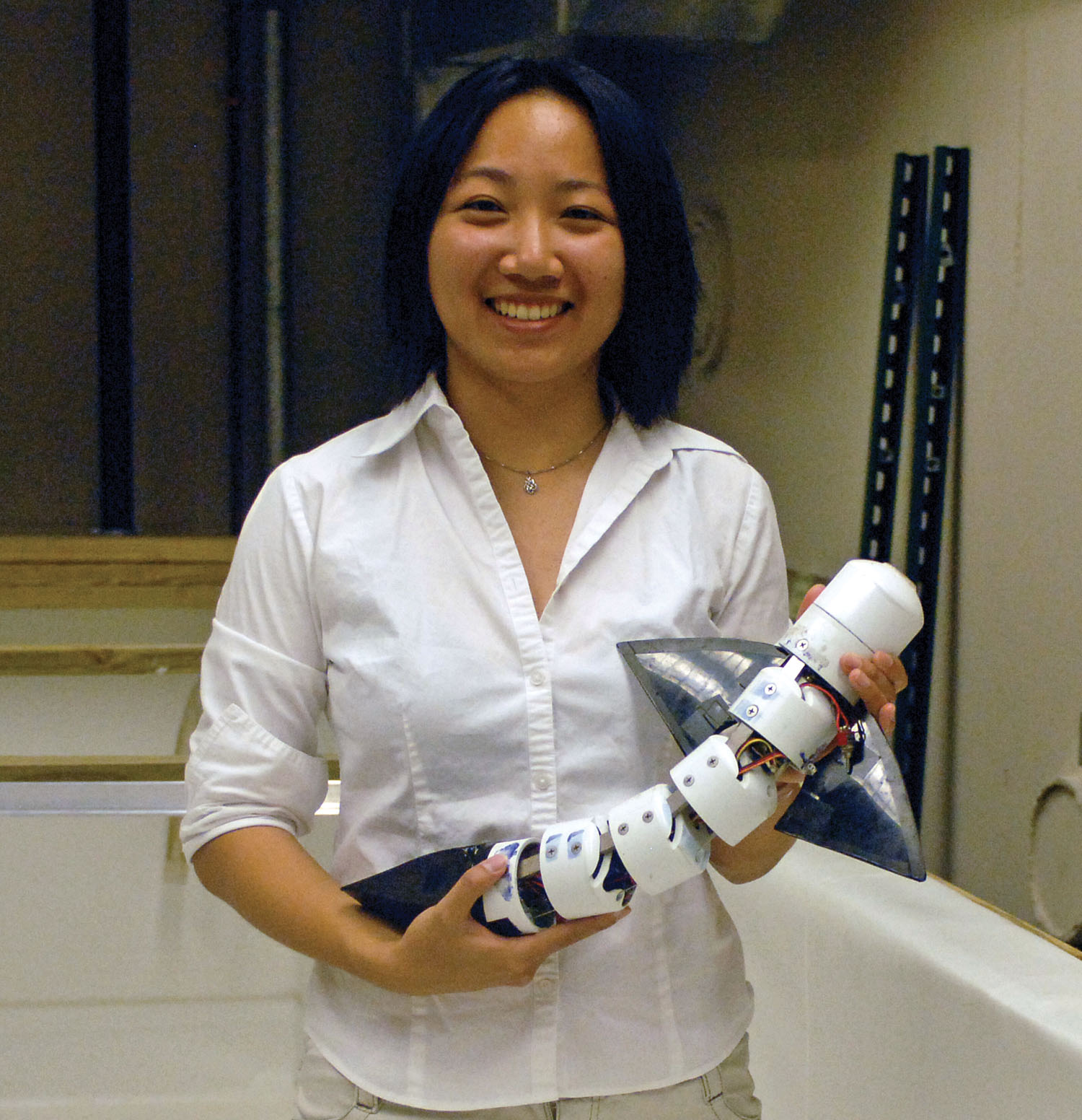
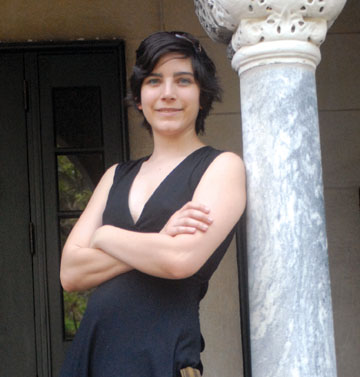









No responses yet